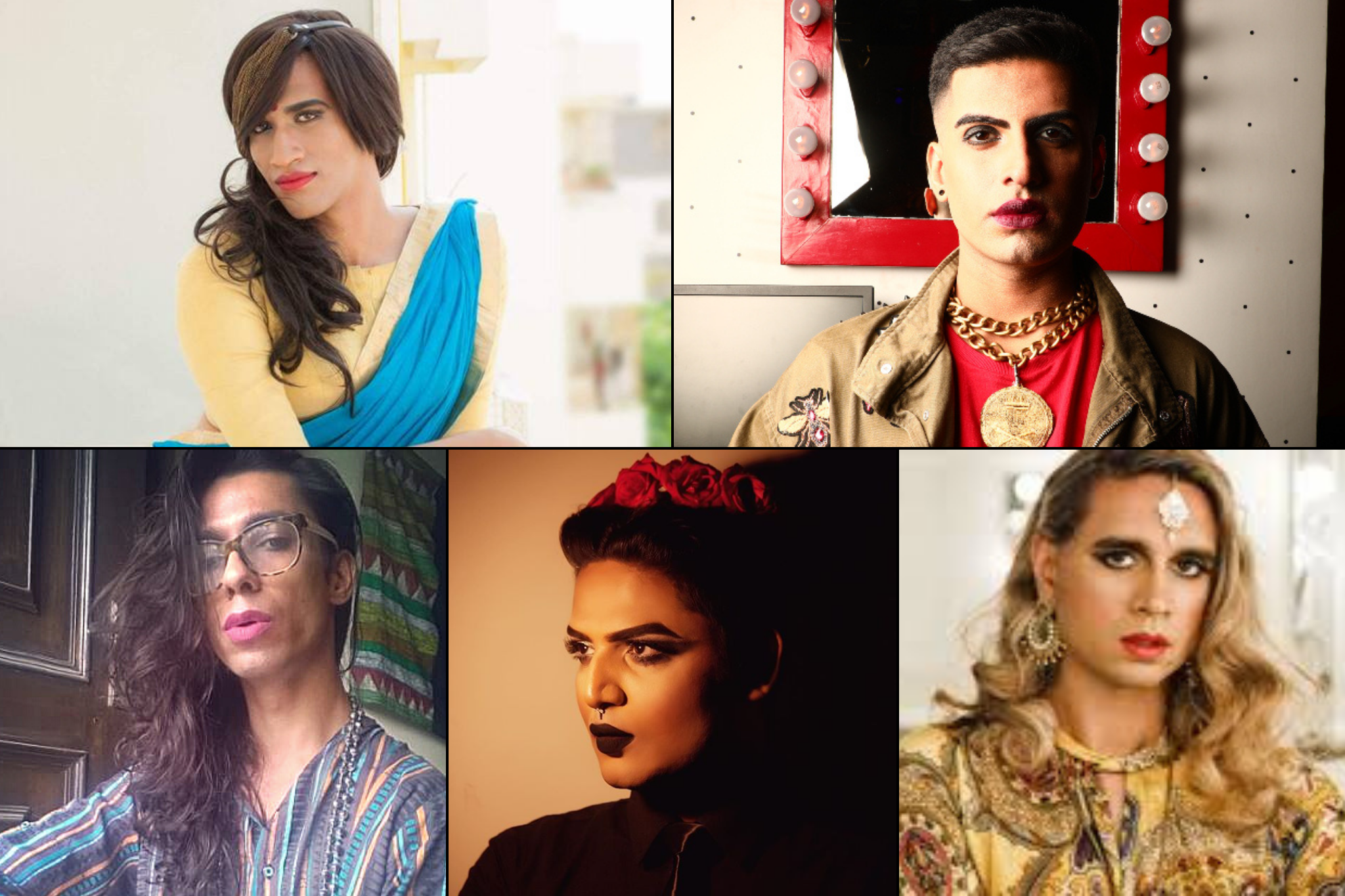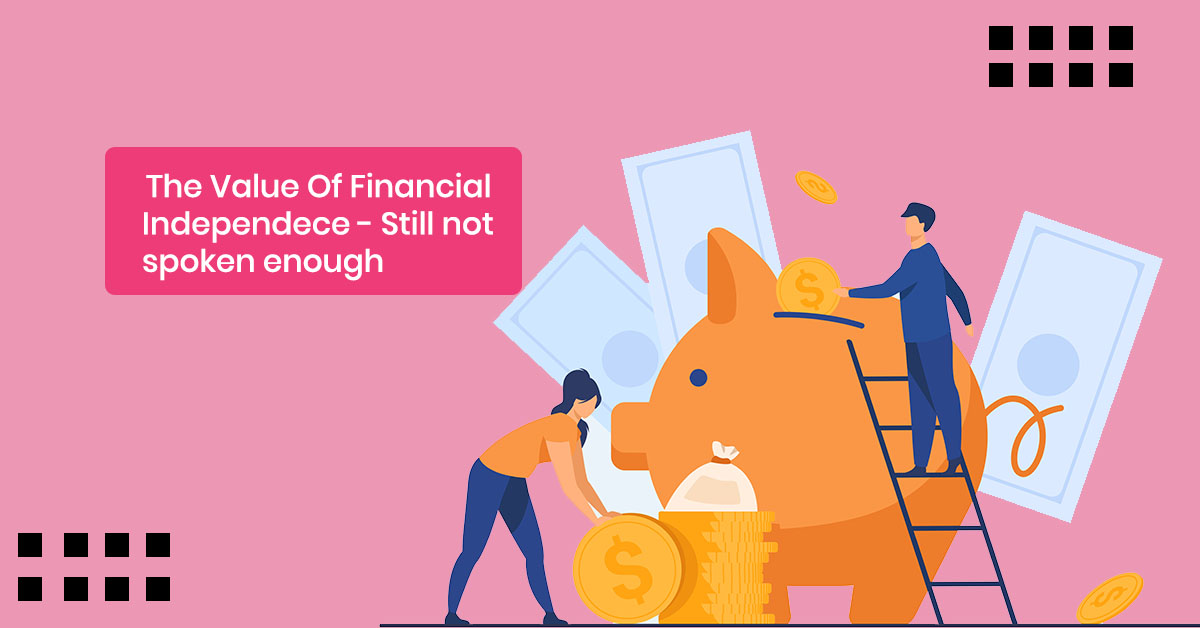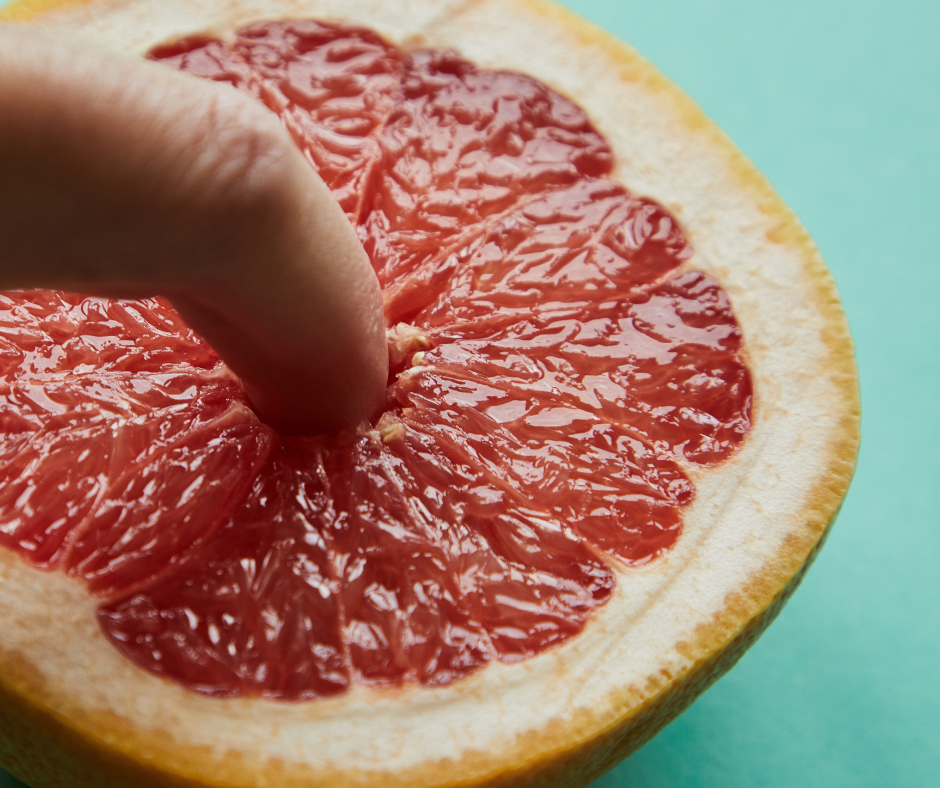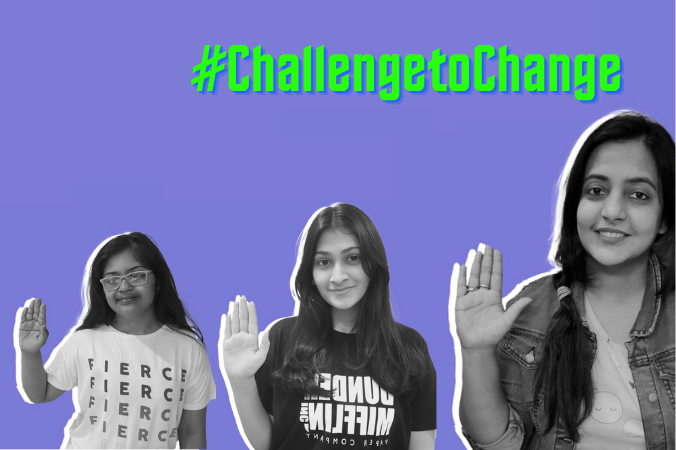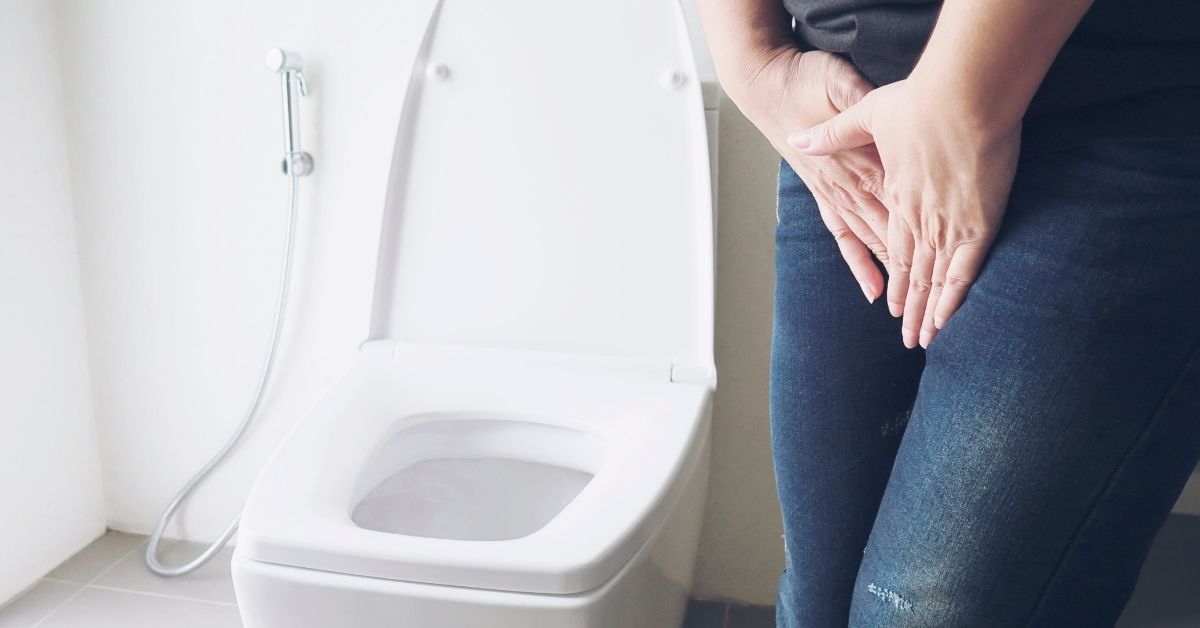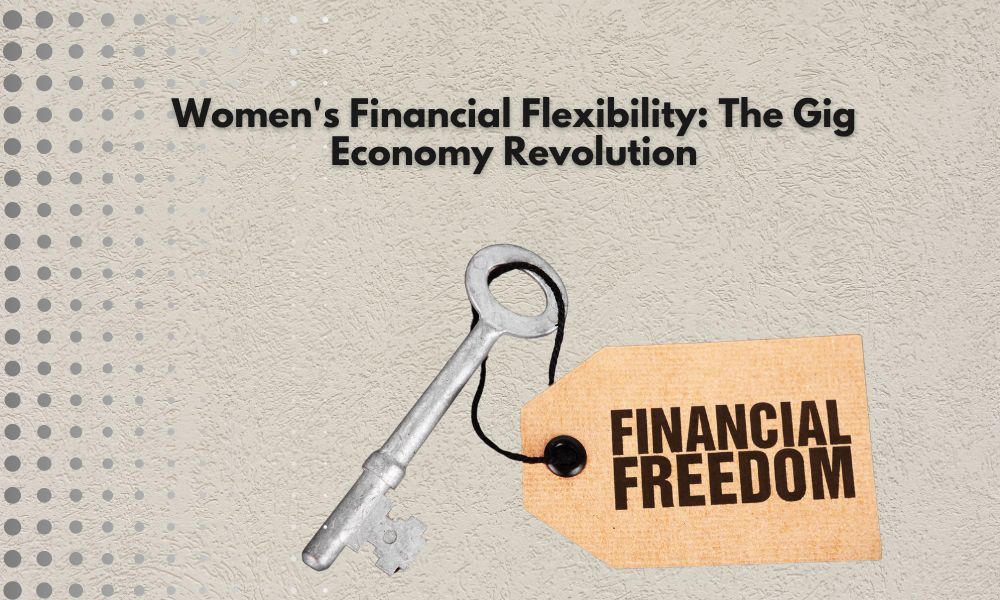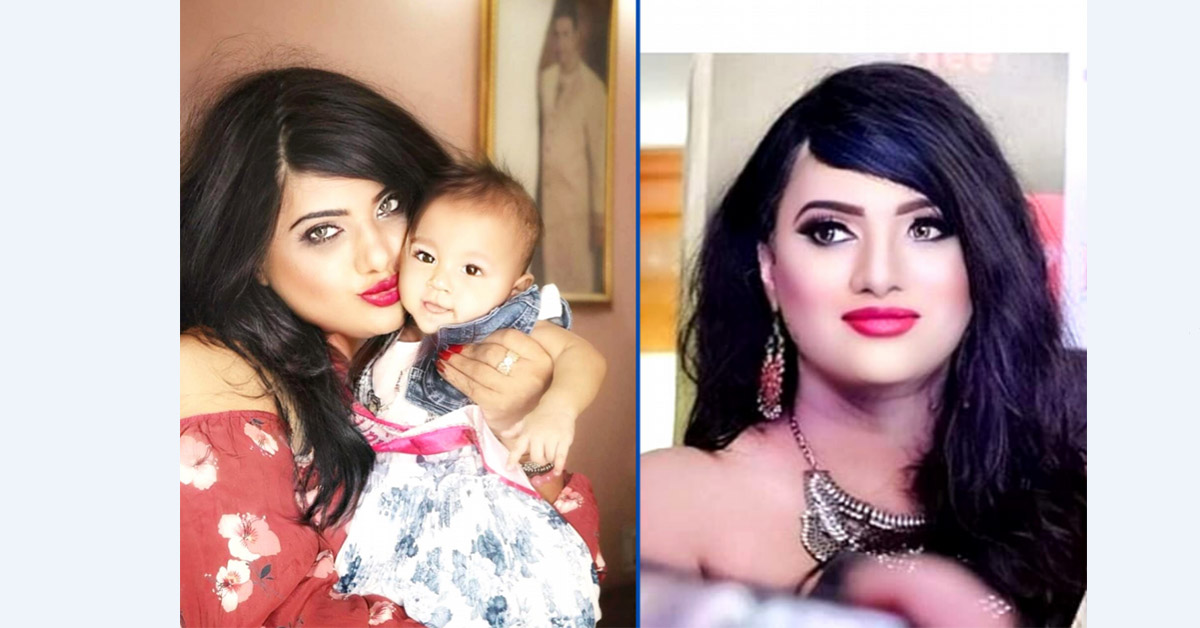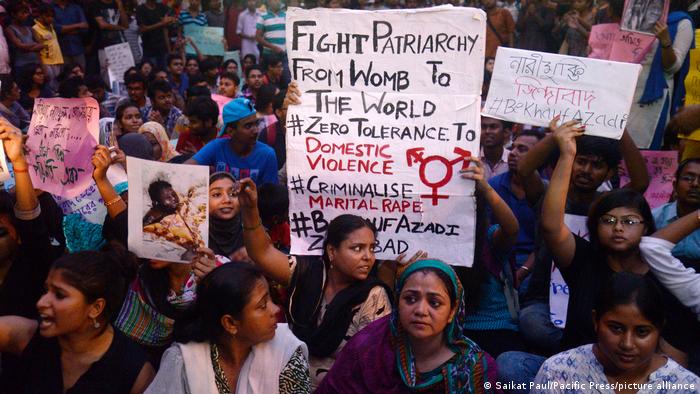Teenagers and their addiction to smartphones is a real challenge for parents these days. We are constantly looking for parenting tips and guides to raise our children into better humans. Being a mother of two teenagers has not been easy for me either. Children nowadays spend many hours every day texting, playing games, and uploading selfies to social media. This topic is a cause for concern for many parents as their children are constantly engrossed in their smartphones and it’s undeniable reach. Psychiatrists, as identified this growing problem and have made persistent efforts to deal with and treat it.
What causes smartphone addiction in teenagers?
Teenagers are online all day every minute of the day, according to a recent research report, more than 50% of teenagers have some sort of addiction to their smartphones. The most common reason for this is that they are constantly bombarded with information. Teens are more easily drawn to the latest news story, new social media platforms, and video games. They also feel pressured to constantly be online so that they are never alone or bored.
What problems can you experience due to smartphones?
Teens who are addicted to smartphones can experience a loss of sleep, increased anxiety, and depression. They may also have lower grades in school or end up with social anxiety disorder. Some children become more self-absorbed and risk becoming more excluded from the lives of their family members. Social media sites can also cause an excessive dependency on material objects that are not necessary for survival.
As a result, it’s important to be aware of your smartphone habits and protect against all the possible adverse side effects that can come from oversharing. Whoever you reach out to will benefit from your healthy interpersonal interactions as well as making sure your day does not revolve around technology.
In order to stop your teenager from becoming addicted to their smartphones, you need to react as a parent. Have an open conversation about the dangers of adding, and try adding incentives for them to go without it for a few hours every night.
Parenting tips on what not to say to your teen
Demonstrating awareness of the disruptive behavior of phones is a way many adults have been attempting to address the problem. Parents often comment, “I know it’s because I let you have this phone,” or “It’s my fault if your grades slip because I don’t limit what you can do on your phone.” By understanding how these habits develop and establishing parameters, kids learn how to discipline themselves to be more critical in that usage.
Set time limits with technology accessible to your teens earlier in the day to limit overuse after hours, while also freeing up the evening for family interaction. Parents often struggle to monitor their teens’ screen time. But when you educate your teens on the benefits and pitfalls of screen time, conversations open up which can lead to resolutions.
How to establish a plan to correct smartphone addiction in teenagers?
The modern teenager is faced with a cruel dilemma that their parents cannot assist them in solving: a smartphone addiction. Setting a family screen time limit will help avoid overuse and misuse by other members of the household, while their parents have no clue about what they’re doing on apps or social media sites.
Owing to the recent COVID19 virus pandemic, a lockdown on physical locations and online schooling has only led to a reliance on our phones. With many children now just as addicted to their phones as they are vulnerable to pathogens, now is the time to do something about it before it gets now too much out of hand.
Here are 10 ways to address smartphone addiction
1. Give your teen a break from their phone at night by charging it in another room. Make it a rule for the family because children learn best by imitation.
2. Get them off the phone while eating dinner together. Tell them not to bring it to mealtimes. Make it a rule for the family because children learn best by imitation.
3. Control their access to social media apps and games and restrict it only to a certain time of the day or set parental controls so it’s not accessible during certain hours of the day especially during the study and meal times.
4. Explain to them that your care for them is more important than what they post on social media and that it is not real and likes and followers are just a number which means nothing in the real world. Don’t let them seek validation from their social media, instead, make sure you compliment and appreciate them regularly for their efforts.
5. Let them know that you do not want to hear about it during your hour of family togetherness. Be present when they make conversation with you or approach to talk to you and consciously put your phones aside and pay attention to what they have to say.
6. If you open their door and they are drowning in social media, give them a gentle warning and tell them to get off their phone.
7. If they are letting their phone be used instead of eating or studying, ask them to put their phone in a different room or turn it off.
8. If you find that they have been misusing the phone, tell them that they need to behave better and have a talk with them to understand why they did so. Teach them social media etiquette, catfishing dangers, and also how to be safe online.
9. Tell them that you want them to spend quality time with you and your family and ask them to turn it off when they are with family, as well as turn it off when they are out.
10. Turn off the ringer on their phone when they are at home so they are not tempted to check every notification they receive every few minutes. Instead, they can check their phones once every hour.
Teach teens about smartphone app addiction
Nowadays, teens will find a workaround for monitoring if they feel like someone is watching them- make sure to measure usage behaviors soon after installing this app. This family goal includes looking at the little blue icon and identifying how often you check your device each day. Looking at your smartphone too many counters healthy social development.
The problem of screen time can be addressed by setting boundaries that are realistic for the individual teen. No two teens are exactly alike, so it’s important to take into account their personal needs and preferences in order to make the most effective changes in their life. Parents should start with a conversation about what they believe is right for them, and set limits in accordance with values. This will help keep the teen accountable for their own choices.
For more on parenting by Infano, click here.

